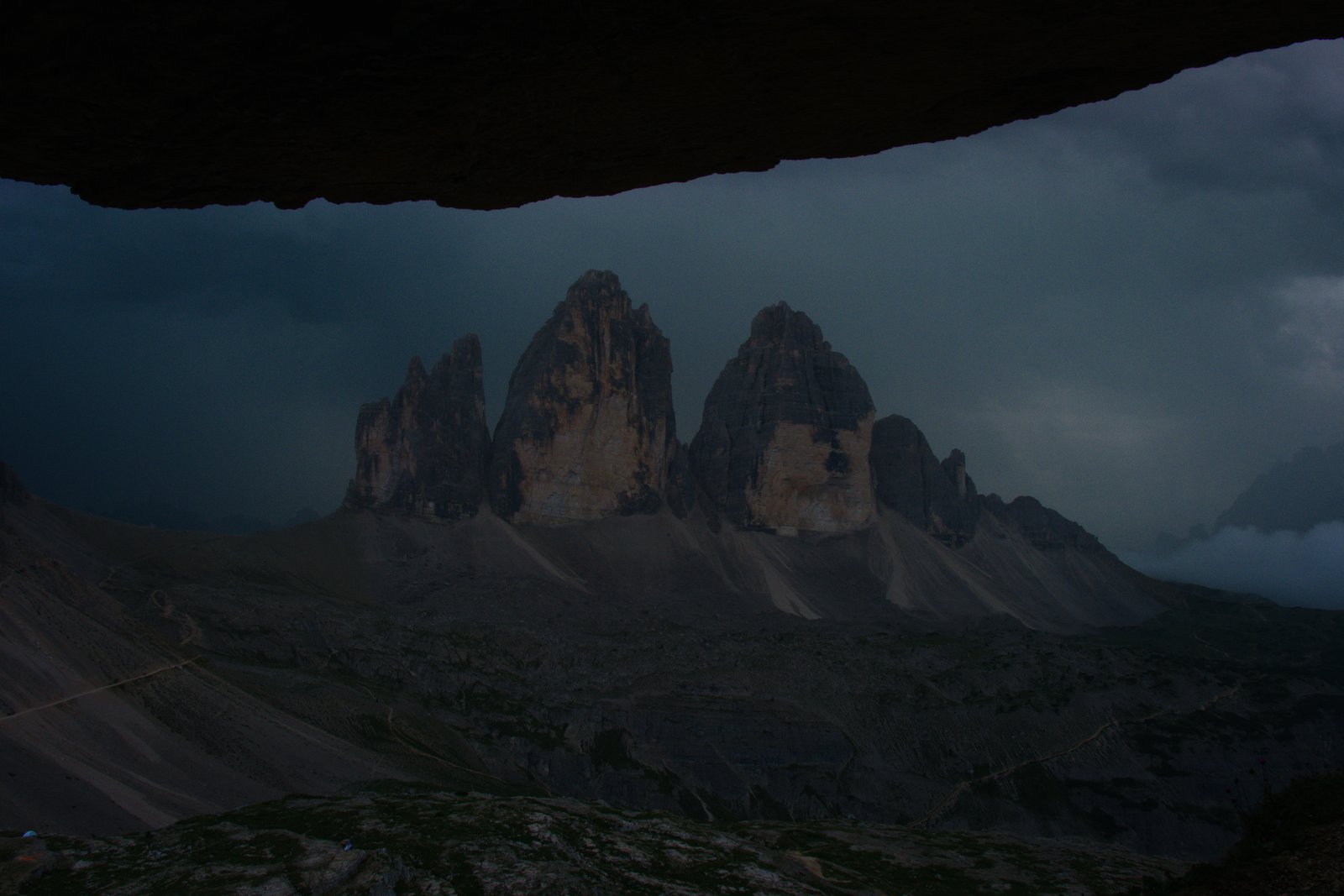In the cave we starve and grow fat
Humankind lingers unregenerately in Plato’s cave, still reveling, its age-old habit, in mere images of the truth.
Susan Sontag, On Photography, Ch. In Plato’s Cave, 1977
We are the glutton, unable to escape our hunger. In our cultural subconscious we imagine ourselves as Moses in the desert, gasping for ideas, starving for meaning, when in truth, we are drowning in a flood of false ideas and false idols. In this age of abundance, how do we shift from accumulating ideas to truly understanding the great ones we already have?
I’m not so vain as to imagine I will originate any new ideas in my lifetime, and I don’t lament that either, I think there are enough ideas in the world already, and enough very good ideas that the primary goal of developed society — rather than focusing on new ideation — ought to be connecting the right people, with the right ideas, at the right time.
This, in essence, is the pure idea of the school — to transmit the essential, irreducible ideas of our culture and furnish the mind with robust tools for thinking in depth — but we’ve pretty well bungled that with a combination of rote learning and standardised testing. If the ideas are good, the dogma is unnecessary, and if the dogma is necessary, the ideas are no good. Our over-emphasis on breadth and an obsession with the archetypal complete individual dramatically limits our cultural capacity for depth by disavowing the necessity of collaboration. And depth, not breadth, is the way into meaning,
Enter ye in at the strait gate: for wide is the gate, and broad is the way, that leadeth to destruction, and many there be which go in thereat:
Because strait is the gate, and narrow is the way, which leadeth unto life, and few there be that find it.
Consumption has consumed our culture. The belief that we need new ideas arises not from actual fact, but from this hunger borne of a belief that, with just the right ideas, we might be able to “hold the whole world in our heads—as an anthology”. This approach to learning, of infinite accrual, the implicit belief that more is better, is failing us. Only better is better. More is just more.
Drowning in such abundance, it is more likely that we are limited not by what we don’t yet know, but by all that we already do.
So if the better ideas we’re searching for have already been written, what even needs doing?
Re-contextualisation and re-exploration of those ideas. Spreading those ideas. Building them into the fabric of meaningful, human-scale communities. Doing justice to just ideas.
We do justice not with lip-service, but with reverence. By enacting them now, not waiting for some future idea or technology to usher in a utopia. A meaningful life emerges from a foundation of good ideas that cover how we relate to each other and the world, how we discover can be of service to others. The world is hungry for a gospel for our time, but we can’t have it because we’ve lost all taste.

What is taste? It’s hard to define, but we all have it, that melange of thoughts and feelings that emerge spontaneously when we’re first confronted with an object, a person, or an idea. Taste is the minds gatekeeper, it is the first filter, manning the same watchtower as prejudice, but under an altogether different mandate. Taste is a kind of prejudice, and like any prejudice it may do harm, but the alternative: to engage with every object, person, and idea with not just an open mind, but an empty one — I don’t believe this is possible, though I think there is great value in trying. Language is prejudice, skill is prejudice, pain creates prejudice, as does pleasure. Everything we are, all that we see and do, and which is done to us, alters our relationship with the world forever. But where regressive prejudice makes the world small and scary, taste enlarges and entangles the world, acknowledges both that all things are connected, and that we cannot swallow it all. Taste, true taste, does not close doors, rather it helps us to decide which doors to open.